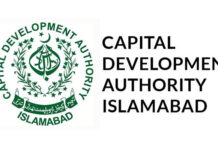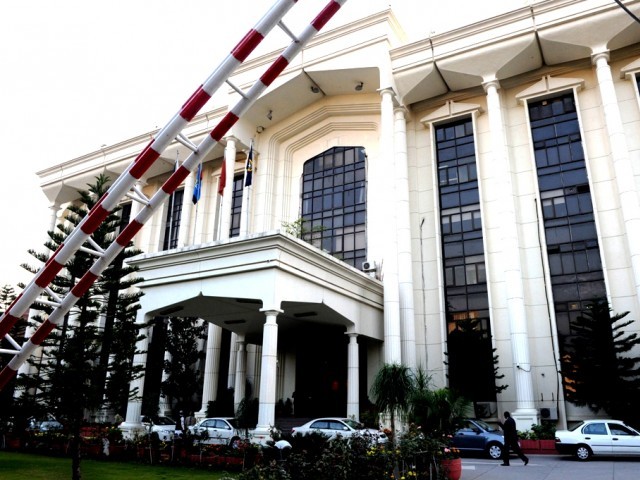ISLAMABAD
Despite deliberations and passing of almost twenty years (20) period, Pakistan could not sign the Information Technology Agreement (ITA) as Commerce Division and Federal Board of Revenue (FBR) are still at loggerheads over accession to ITA.
Interestingly, Industries & Production, Information Technology and Telecommunications, law and Justice, and Foreign Affairs Division had conveyed their concurrence to Pakistan’s accession to ITA-I to the federal cabinet on September 7, 2017. But, ostensibly due to a difference of opinion between the commerce division and FBR, the cabinet deferred the matter till the development of consensus among the stakeholders.
Official documents available with Pakistan Today show that Pakistan had been deliberating on the prospect of joining ITA-I since 1997, but no consensus could be developed among the stakeholders. One of the stakeholders, FBR had opposed Pakistan’s signing of ITA due to an expected revenue loss of Rs 3.5 billion. In this connection, a committee was constituted by the prime minister in October 2016 to establish a consensus on the issue. “During deliberations, all the stakeholders except FBR were in favour of signing the ITA-I,” said documents.
The Information Technology Agreement (ITA-I) was concluded at the first WTO Ministerial Conference in Singapore in 1996. ITA-I covered 200 products including CPUs, motherboards, memory chips, CDS, printers, servers, LCDs, monitors, storage devices, TVs, telephone sets etc. Presently, 82 WTO members (counting the European Union as 28) with a share of global trade in information technology products exceeding 97 per cent had signed ITA-I.
Documents also informed that committee (with the exception of FBR) had recommended that Pakistan should sign ITA-I. The committee in its recommendation has advocated that ITA had helped boost developing countries’ level of exports of information communication technologies (ICT) products. And, Pakistan could build its image as an investor and IT-friendly country.
The alignment of tariff through this agreement would provide security to foreign investors by making the country more attractive for ICT goods and services producers and exporters. Again, reduced ICT prices through tariff production would also help to facilitate diffusion of ICT products in Pakistan. More, ITA only covered import duties on products listed in the agreement.
Sales tax etc were not covered and could continue to be levied on these products to generate revenue. Local manufacturing units would also able to import certain items listed in ITA at cheaper rates. Furthermore, ITA accession may promote the integration of developing countries into global supply chains.
It is pertinent to mention that Prime Minister Shahid Khaqan Abbasi while chairing a meeting of the federal cabinet held on September 7, 2017, has pointed out that the agreement (ITA) is meant to reduce the cost of doing business, but this cannot be identified. However, revenue losses due to rationalising of tariffs are quantifiable. An effort should be made to recoup these losses.
In terms of rule 16 (1) (h) of the Rules of Business, 1973, approval of the cabinet was solicited for bridging digital divide-A-case for Pakistan’s accession to information technology agreement. The cabinet considered the summary dated August 30, 2017, submitted by Commerce Division for bridging digital divide-a-case for and deferred consideration of the summary.
























